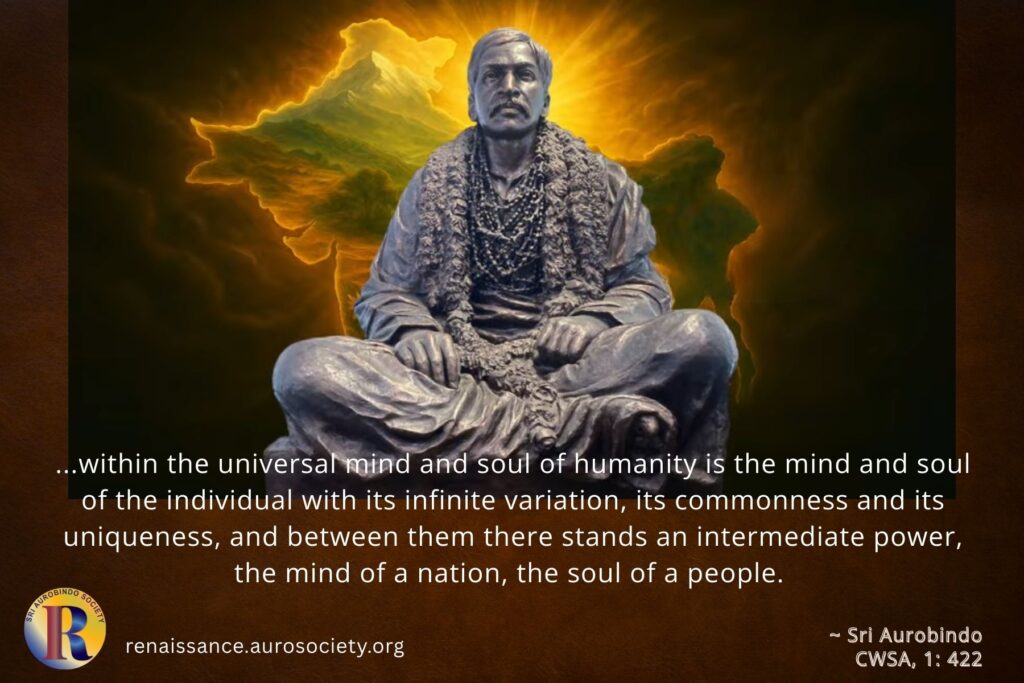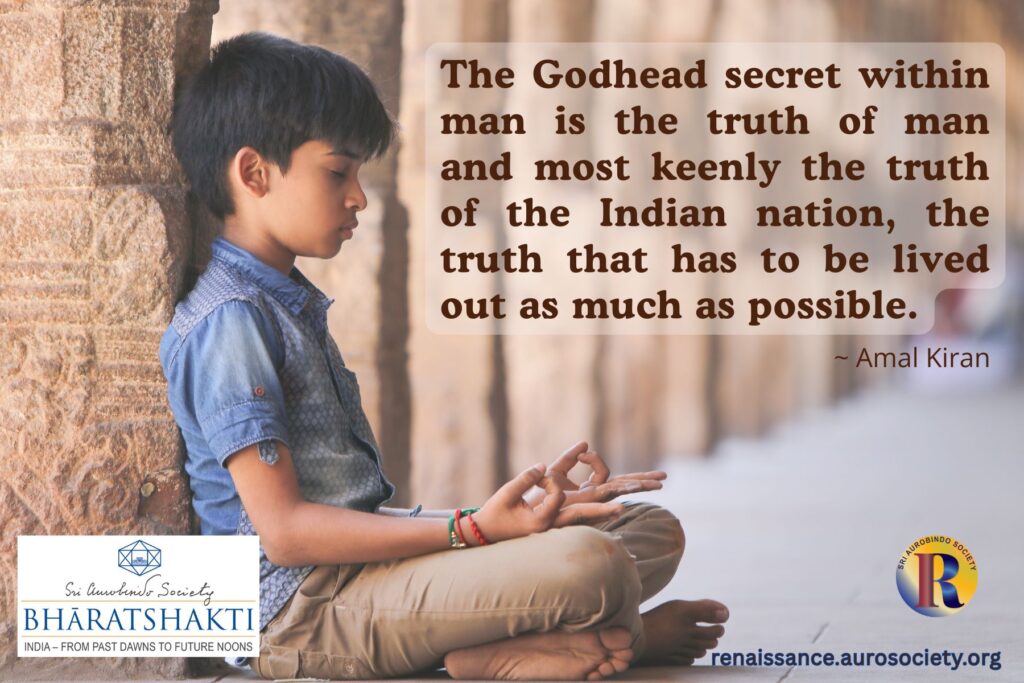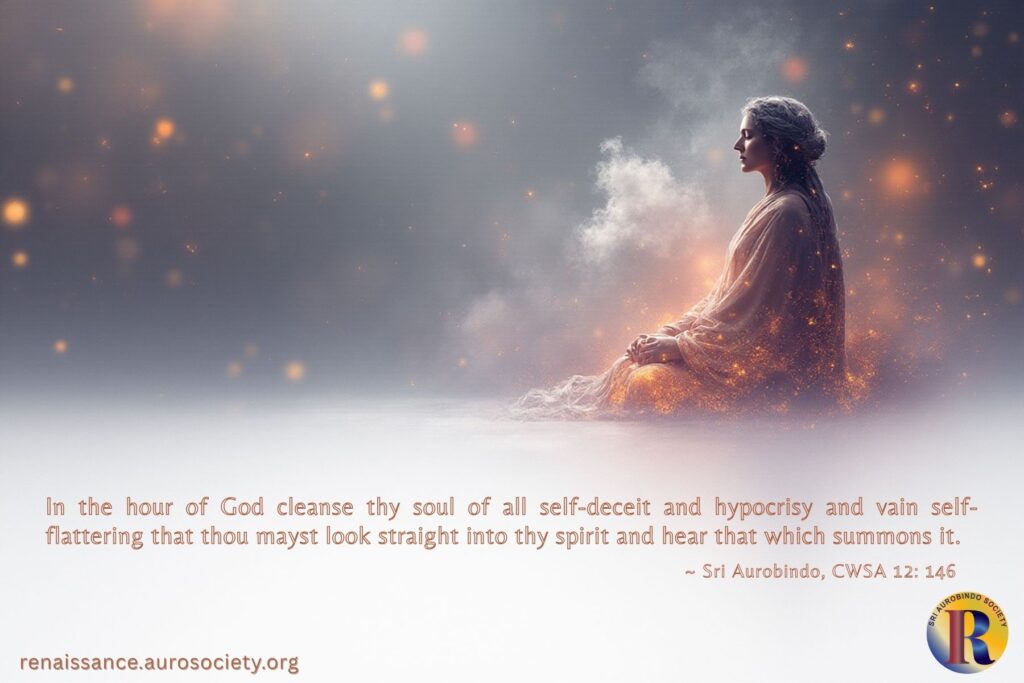Volume VI, Issue 7-8
Author: V. V. Athalye
Editor’s Note: The following excerpt reveals the character and attitude of Sri Aurobindo as a politician when he was leading the Nationalist or Extremist Party. It is an extract from the author’s book in Marathi titled Atma-Vritta (My Life-Story), translated into English by S. Kuppuswamy. We have taken this passage from the archives of Mother India, 1972, August issue (Vol. XXIV, No. 7, p. 503).
But before we read the author’s account, let us read Sri Aurobindo’s description of the proceedings of the Hooghly Conference in his own words.
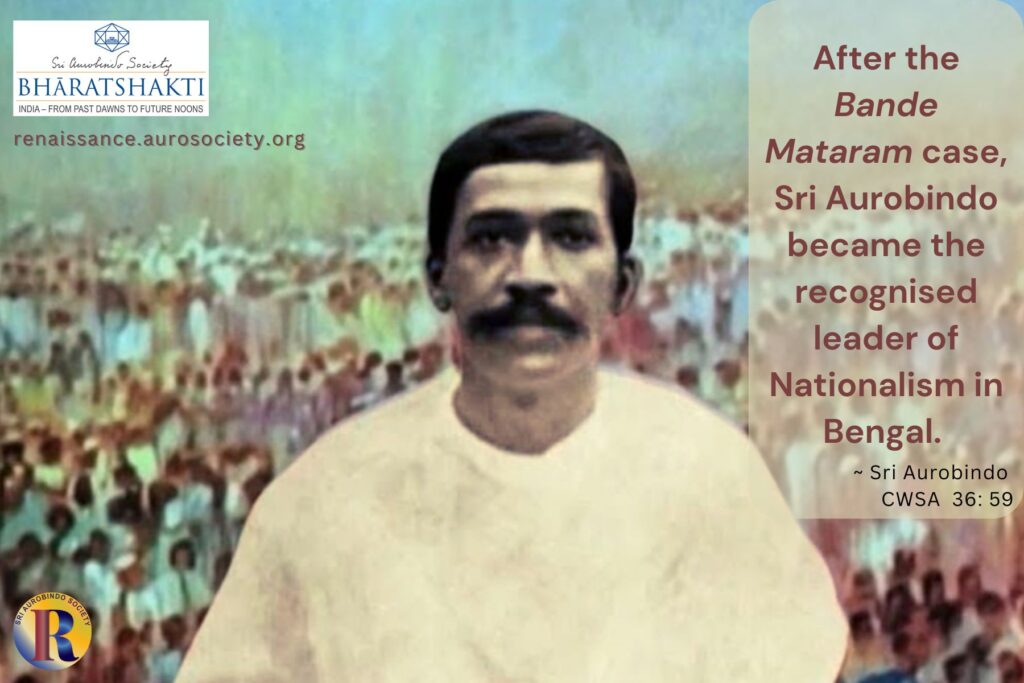
Sri Aurobindo’s Description (in third person)
He [Sri Aurobindo] led the party again at the session of the Provincial Conference at Hooghly. There it became evident for the first time that Nationalism was gaining the ascendant, for it commanded a majority among the delegates and in the Subjects Committee Sri Aurobindo was able to defeat the Moderates’ resolution welcoming the Reforms and pass his own resolution stigmatising them as utterly inadequate and unreal and rejecting them.
But the Moderate leaders threatened to secede if this was maintained and to avoid a scission he consented to allow the Moderate resolution to pass but spoke at the public session explaining his decision and asking the Nationalists to acquiesce in it in spite of their victory so as to keep some unity in the political forces of Bengal. The Nationalist delegates, at first triumphant and clamorous, accepted the decision and left the hall quietly at Sri Aurobindo’s order so that they might not have to vote either for or against the Moderate resolution.
This caused much amazement and discomfiture in the minds of the Moderate leaders who complained that the people had refused to listen to their old and tried leaders and clamoured against them, but at the bidding of a young man new to politics they had obeyed in disciplined silence as if a single body.
~ CWSA, 36: 59-60
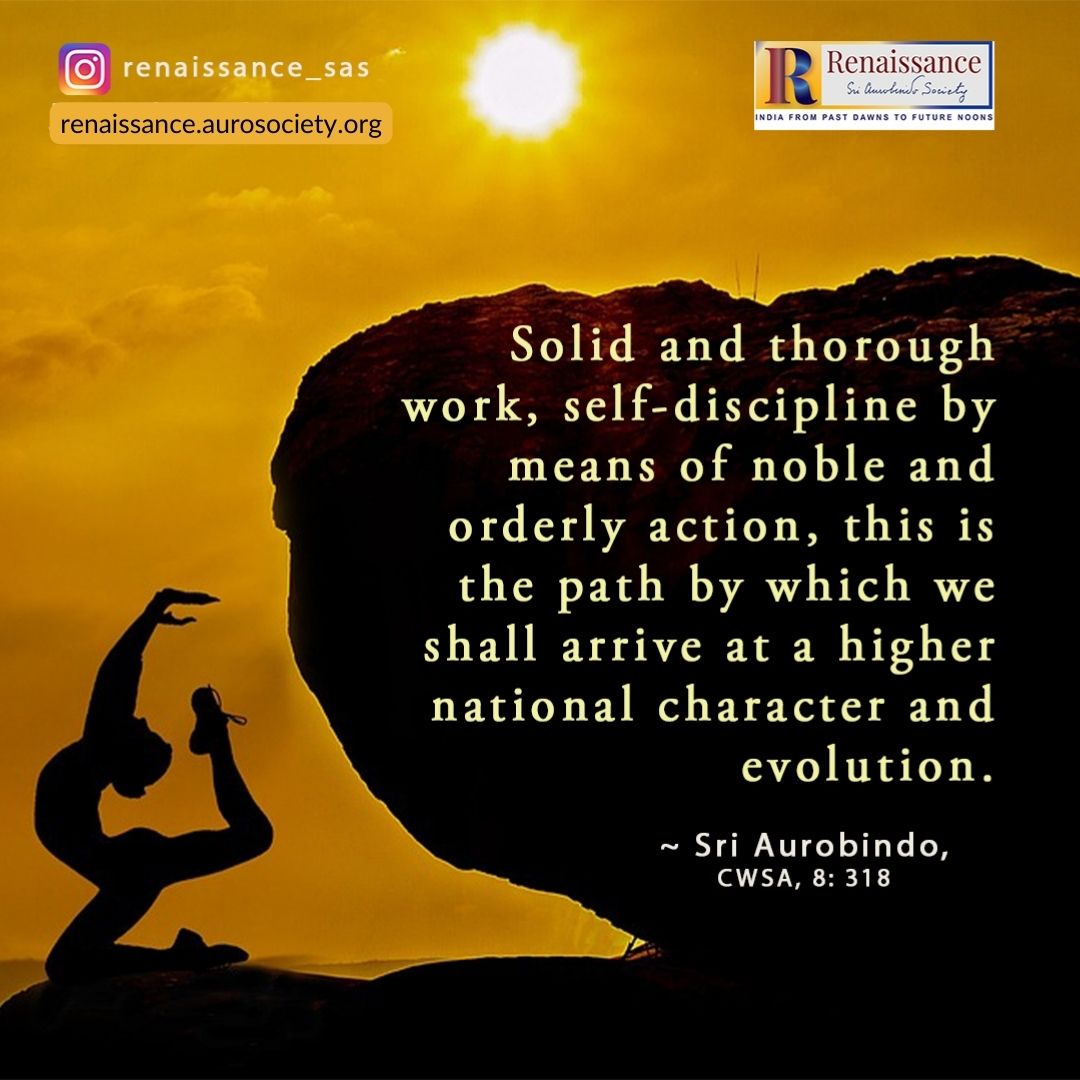

In 1910 January [sic – the conference was held in September 1909], the Hughly [sic] District Political Conference was held near Calcutta. Some of our medical students went to the Conference. The delegates to the Conference were divided into two groups: Moderates and Extremists. The Extremist group was lodged in a bungalow called Dutch Villa. Naturally, we too stayed there.
The leader of the Extremists was Aurobindo Ghose. He was given an independent room. The others occupied the open spaces in the bungalow. One incident of this occasion stands out for its great sublimity, and is worth remembering. Before the start of the Conference Aurobindo was seated in his room. He was surrounded by his colleagues, and Dr. Paranjpe, though a worker from Vidarbha and not from Bengal, went in because of his acquaintance and got for himself a seat next to Aurobindo.
We students stood outside the room and listened to the discussion going on inside. Aurobindo’s colleagues were making forceful speeches, exhorting him to trounce the Moderates at that Conference, by any and every means. Aurobindo would not agree to this improper method. Seeing that he was not coming round, Paranjpe broke in: “Aurobindo Babu, you don’t know politics. You must bring down the Moderates by any means fair or foul, by hook or crook.” The Maharashtrian workers in the field of politics have an over-high opinion of their own political sagacity! “What are these Bengalis after all? Just simpletons who hold the Marathas in dread: such is their past.” This, in effect, was the tone of Paranjpe’s remark to Aurobindo.
Also read:
The Mighty Pen of Sri Aurobindo: Bande Mataram
Aurobindo was very calm. After everybody had spoken, he said,
“No, I shall never agree to that. Do you have any idea what great work Surendranath Banerji and his Moderate Party have done m Bengal politics? We are standing on their shoulders and because of that we appear tall. Besides this, whatever be anybody’s work, I shall not be a party to bringing about their downfall by foul means.
We shall fully respect the Moderate Party and place before the Conference, in clear terms, our stand of Independence. If our ideal is sacred and lofty and just, the Conference cannot but give its verdict in our favour. If you do not accept this policy I shall withdraw from this Conference.”
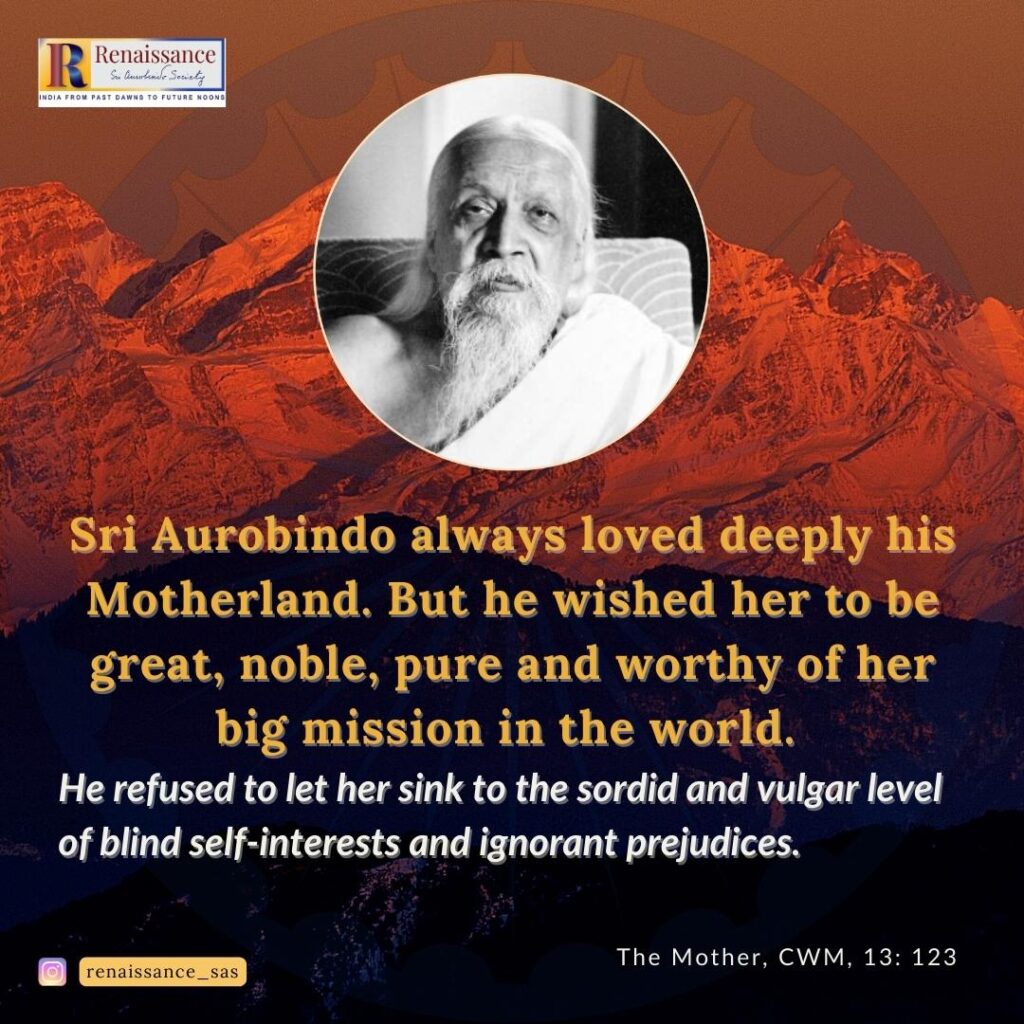
The sublimity of Aurobindo’s advice was so effective that his colleagues and Paranjpe shut up as if they had been slapped in the face. The Conference was conducted in accord with Aurobindo’s policy and the votaries of Independence had a victory over the Moderates by straightforward methods.
Aurobindo’s noble yet powerful stand made a great impression on me. In my later life, on many such occasions, thus teaching has kept me watchful.
Read Sri Aurobindo’s speech at the Conference

~ Design: Beloo Mehra and Ramajayam

